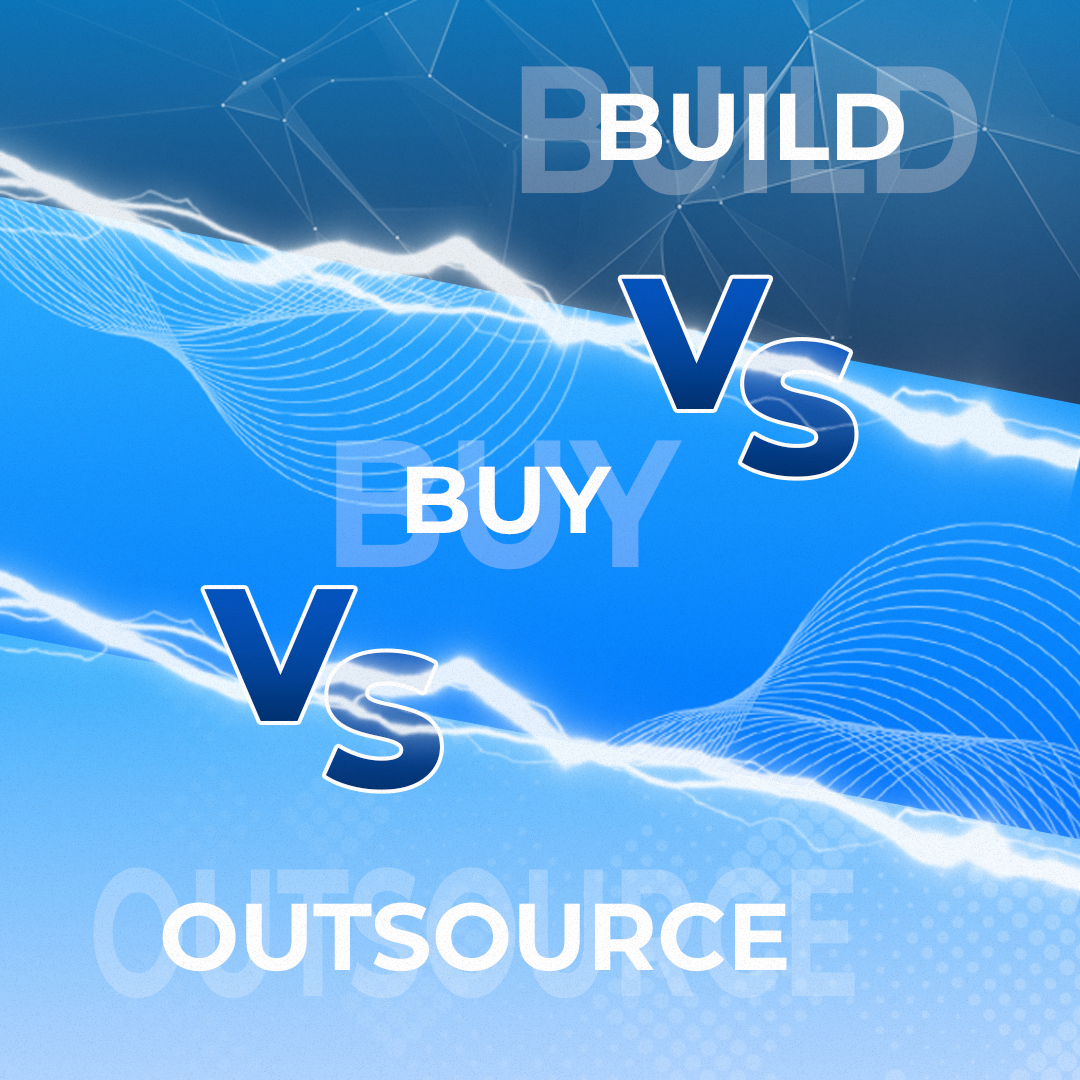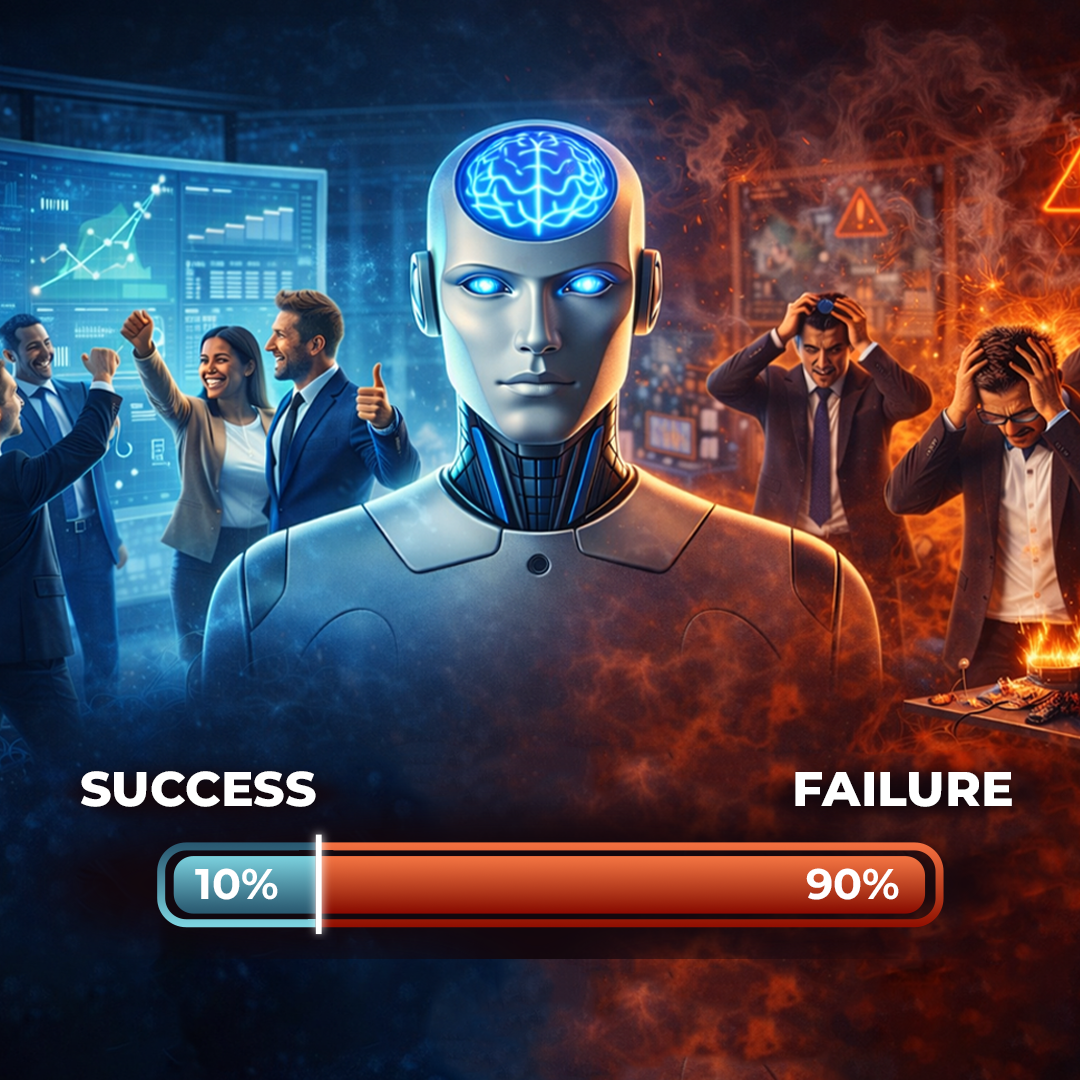October may have passed quickly, yet so much happened, especially in the AI world, where everything seems to change every day. The field continues to develop not only by improving healthcare systems and making billion-dollar deals, but also by growing ethical concerns because of the spread of deepfakes.
How AI is revolutionizing echocardiography?
AI is rapidly transforming the healthcare system, facilitating doctors’ work and improving patients’ lives. AI is making breakthroughs in echocardiography by automating routine measurements and identifying subtle, disease-specific patterns in heart scans. As a result, it can spot problems long before traditional methods would and allow doctors to personalize treatment plans, by identifying phenogroups, subtypes of diseases characterized by specific features.
Meta hiring the 1.5 billion dollar worth AI engineer
Meta has lured another high-profile recruit, Andrew Tulloch, co-founder of AI startup Thinking Machines Lab, in the race to build next-generation AI systems. Tulloch reportedly received a compensation package that could be worth as much as $1.5 billion over six years, proving that in the AI race, human capital is becoming extremely scarce and expensive.
Deepfake videos created by racists
As reported by “The Australian”, while others are using AI for life saving, some people are using it for disinformation, promoting racist views about migrants. Far-right leaders have been posting AI-generated videos, showing the “future” of European cities and one of the videos shows London’s Big Ben daubed in Arabic-looking graffiti, surrounded with rubbish and a crowd dressed in traditional Islamic garb. As generative AI becomes more accessible, the more people misusing it.
Generative AI in the Healthcare Market
According to a new report by Exactitude Consultancy release, the generative AI in the healthcare market is enabling AI-assisted drug design, diagnostic imaging, medical documentation, and precision treatment planning, and will grow from USD 1.1 billion in 2024 to USD 14.2 billion by 2034. However, the issues such as high computational costs and ethical and privacy concerns, reminding us that innovation in healthcare must balance progress with responsibility.
AI in this month showed us that it’s integrating in every part of our lives now, and bringing changes not only to the healthcare system, but also creating dangerously misleading videos. Clearly, AI is not just entertainment anymore.




